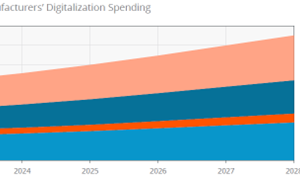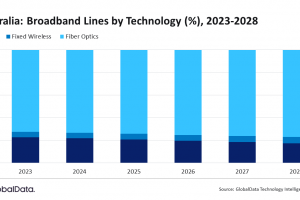Facebook has rolled out its new Reactions buttons — but they might end up working the opposite of how people might expect.
The site added five new buttons that allow people to say whether they feel “love”, “haha”, “sad or “angry” about a post.
Users might expect that expressing anger or sadness about a certain thing would mean that they don’t want to see it. But it actually means there’s more chance of it showing up again, since posts with high engagement are privileged by Facebook’s algorithm.
The mission to build Reactions began just over a year ago. Mark Zuckerberg had finally conceded that the platform needed a more nuanced way for users to interact with posts, for the obvious reason that not every post is likable.
Facebook has been testing Reactions since last year and have received positive feedback so far. Now Facebook reactions is open to everyone who uses Facebook around the world. ‘We will continue learning and listening to feed to make sure we have a set of reactions that will be useful for everyone. We hope you enjoy the new Reactions’, said officials.
“We know it’s a big change,” said Facebook product manager Sammi Krug in an announcement. That’s right—Facebook is taking its relationship with you to the next level. From now on, you’ll be allowed to respond to posts with reactions other than the ubiquitous thumbs up emoji that means “like.”
Here’s a breakdown of what each symbol means:
Like: The original reaction to a Facebook post. With the new reactions, this just means you’re fine with whatever post is shared.
Love: You really, really like a post. Or love it, even.
Ha-ha: A post either made you laugh — whether it was literally or just in your head — or you think it’s funny in some way.
Wow: You’re amazed by this post. It was a cool recipe, viral video, an amazing sunset picture or something similar
Sad: There’s nothing to like about a post that makes you cry. A story about a friend’s sick family member or pet warrants this reaction.
Angry: This is the closest that Facebook may get to the highly requested “dislike” button. If a post sparks outrage in you, react with this.




